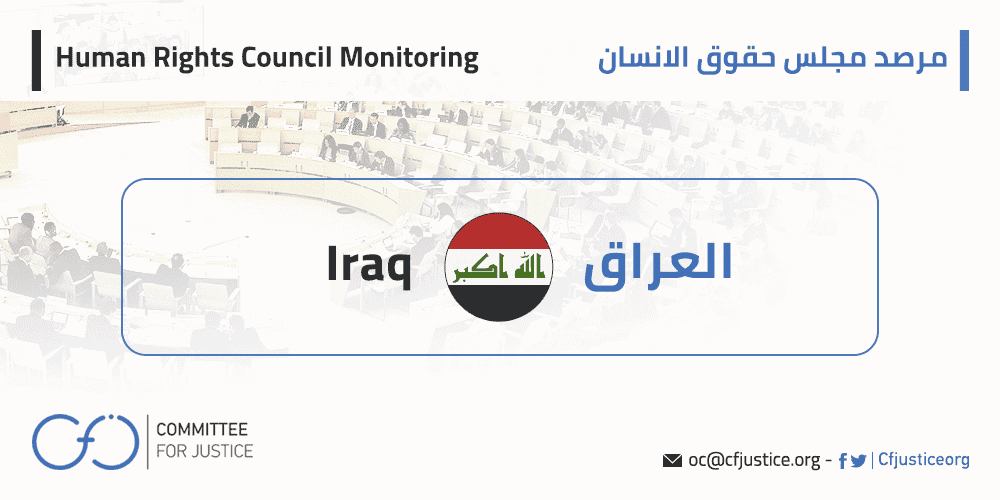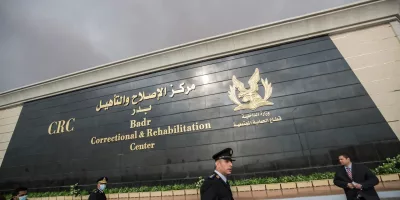News briefing
Translated and edited and by the Committee for Justice
Geneva August 3 2021
A report issued by the United Nations Assistance Mission in Iraq and the United Nations High Commissioner for Human Rights confirmed that the practice of torture is still rampant throughout the country, despite the fact that the Iraqi legal framework explicitly criminalizes torture and sets out procedural safeguards to prevent it.
Progress on the legal level, not on the ground:
The report, titled “Human Rights in the Administration of Justice in Iraq: legal conditions and procedural safeguards to prevent torture”, stressed that the Iraqi legal framework to prevent ill-treatment, which has been developed over many years, must be translated into effective measures to tackle torture in detention centres and prevent further abuses.
The report, which covers the period from July 1, 2019, to April 30, 2021, is based on interviews conducted with 235 persons deprived of their liberty, a number of prison staff, judges, lawyers, families of detainees, and other relevant authorities.
One of the detainees told the UN staff who contributed to the report: ” I experienced the worst days of my life. As soon as I arrived, the officers beat me using metal pipes. The following days, they used two exposed electricity wires to electrocute me.”
Commenting on the report, UN High Commissioner for Human Rights Michelle Bachelet said: “I acknowledge some advances achieved by the Iraqi authorities on the legal front to prevent torture. However, the authorities need to effectively implement the provisions written in the law in each and every detention centre. If not, they remain a dead letter.”
“Eradicating torture will be one of the most effective tools to start to build public trust in the state’s ability to deliver justice and uphold the principle of fairness. However, when the authorities themselves break the law, it has the opposite effect,” Bachelet added.
Lack of respect for legal procedures is prevalent:
The report relied on its findings in order to analyze the main risk factors that lead to abuse. It also described how interrogations by security forces generally aim to extract confessions, while interrogations by investigative judges often focus on confirming statements made before security forces, without investigating whether they were obtained under duress or not.
The report also referred to the failure to respect the legal procedures adopted aimed at transferring interrogation and detention to the judicial authority within 24 hours of the initial arrest. Access to a lawyer is also systematically delayed until after suspects have been questioned by the security forces.
The report raises concerns that the authorities are ignoring complaints and signs of torture and stresses that the systems put in place to address official complaints appear unfair or effective. The report also notes that the authorities’ limited accountability for such failures indicates deference to and tolerance for such practices.
The report recommended the adoption of a comprehensive national action plan and law against torture, in full compliance with international human rights law, particularly the United Nations Convention against Torture.






